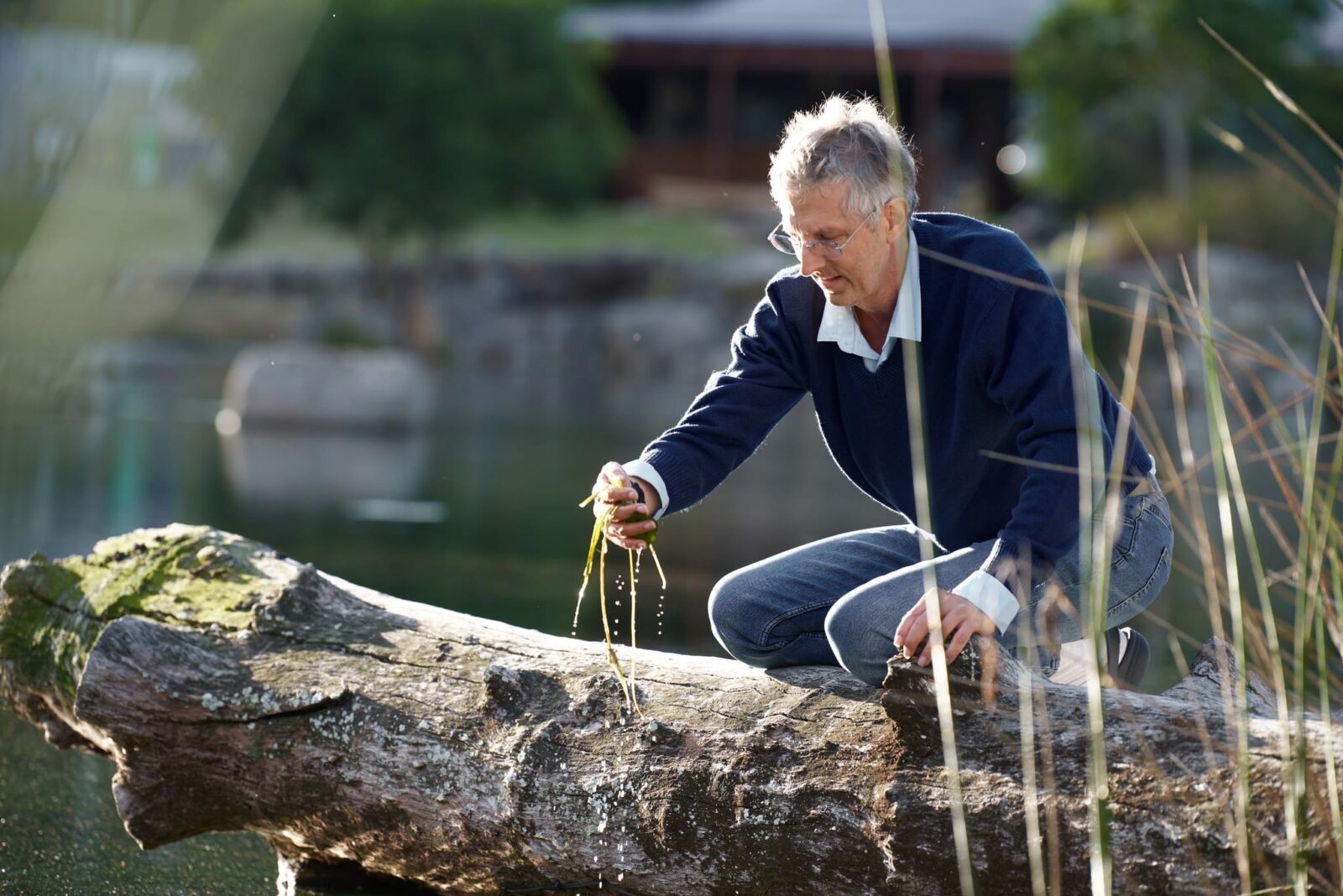As farmers and land managers across the globe look to the land to store carbon to help address climate change, a team of researchers has turned their eyes to the vastness of the ocean and the versatility of a simple seaweed.
The Climate Foundation has built and deployed several small platforms off the Coast of the Philippines to cultivate kelp, a rapidly growing seaweed that absorbs carbon but is also used for food, animal feed and fertiliser.
Founder and Executive Director Dr Brian von Herzen said like leaves falling from a tree, seaweeds constantly shed a portion of their biomass during growth meaning carbon can be sequestered naturally.
Featuring:
Climate Foundation, Founder and Executive Director, Dr Brian von Herzen
This podcast is part of the Carbon Initiative Program, a $2 million investment across 15 projects to explore novel approaches to carbon storage, greenhouse gas emission reduction and emission avoidance, as well as methods to drive awareness, overcome barriers and develop market pathways for farmers, fishers and foresters.








